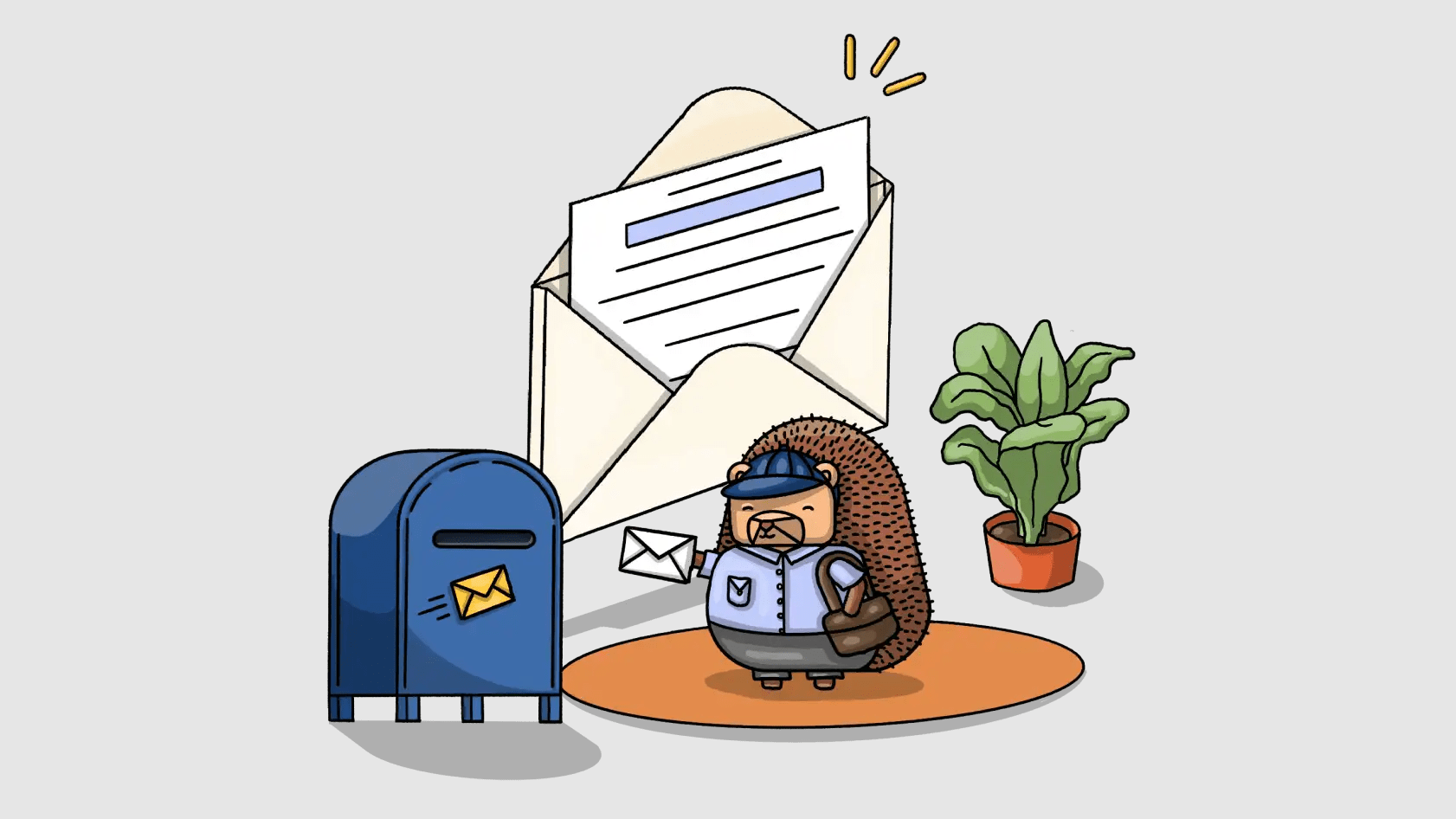
HogMail #16
Nov 08, 2022
Contents
Welcome to HogMail, our newsletter featuring the best of the PostHog blog, tutorials, product guides, and curated articles on building great products and companies. We send it every two weeks. Signup here so you don't miss it.
#posthog-blog
🚀 Creating an employee-friendly share option scheme We set out to build the best possible scheme for our team – this is how we did it and how you can do the same.
✅ Tell me about features, not benefits "Marketing lore tells you that you must focus on the why, not the what", says CEO James Hawkins. But "this approach has become so popular that it feels tired and out-of-touch."
🔁 How to harness the awesome power of growth loops Nearly every successful company utilizes growth loops in some way, consciously or not. Here we look at how to choose and measure your growth loop.
💽 In-depth: ClickHouse vs PostgreSQL ClickHouse and Postgres are as similar as grapes and grapefruits, but understanding how they compare is still vital when choosing how to house your data.
#tutorials-and-guides
💪 How to identify and analyze power users Power users are your best and most important customers. Use PostHog to find them, analyze them, and build for them.
🧰 How to build a site app Site apps make it quick and easy to add features such as forms and banners to your site through our JavaScript library. These apps can then capture data for analysis in PostHog.
📹 How to find relevant session recordings quickly All the ways you can use filters to find useful session recordings.
#good-reads
The Racecar Growth Framework by Dan Hockenmaier and Lenny Rachitsky – yes, that Lenny. An essential read that suggests thinking about your business like a race car, featuring:
The (Growth) Engine: Growth loops (e.g. virality, performance marketing, content) that drive most of your growth.
Turbo Boosts: One-off events (e.g. PR, events) that create a temporary spike in growth.
Lubricants: Optimizations to improve the growth engine, such as improved onboarding or conversion rate.
Fuel: The stuff that powers your engine, such as content, new users or capital.
What Makes Developers Unhappy?, a summary of a large-scale study of over 2,000 developers. Takeaways:
Reducing negative experiences is a more cost-effective way to improve happiness, and productivity, than "maximising positive experiences".
The top cause of unhappiness among developers was "being stuck in problem solving", but the majority of the top 10 causes were external factors that managers can impact.
The top external factors were, in order: time pressure, bad code quality / practice, underperforming colleagues, mundane / repetitive tasks, unexplained broken code, bad decision making, and imposed limitations on development.
What I've learned from users by Paul Graham. For Graham, "users" means founders of YC companies:
Founders frequently don't listen to the advice of YC partners and live to regret it. Graham posits this is because "so much about startups is counterintuitive. And when you tell someone something counterintuitive, what it sounds to them is wrong."
"The educational system in most countries trains you to win by hacking the test instead of actually doing whatever it's supposed to measure. But that stops working when you start a startup."
"Focus is doubly important for early stage startups... If the founders focus on things that don't matter, there's no one focusing on the things that do."
#random
- AI and the Future of Pixel Art
- How the New York City Steam System Works
- Building a Vector Map from Scratch
- How Discord supercharges network disks for extreme low latency
- Exploring massive, real-world data sets: 100+ Years of Weather Records in ClickHouse

Subscribe to our newsletter
Product for Engineers
Read by 100,000+ founders and builders
We'll share your email with Substack
PostHog is an all-in-one developer platform for building successful products. We provide product analytics, web analytics, session replay, error tracking, feature flags, experiments, surveys, LLM analytics, data warehouse, CDP, and an AI product assistant to help debug your code, ship features faster, and keep all your usage and customer data in one stack.









